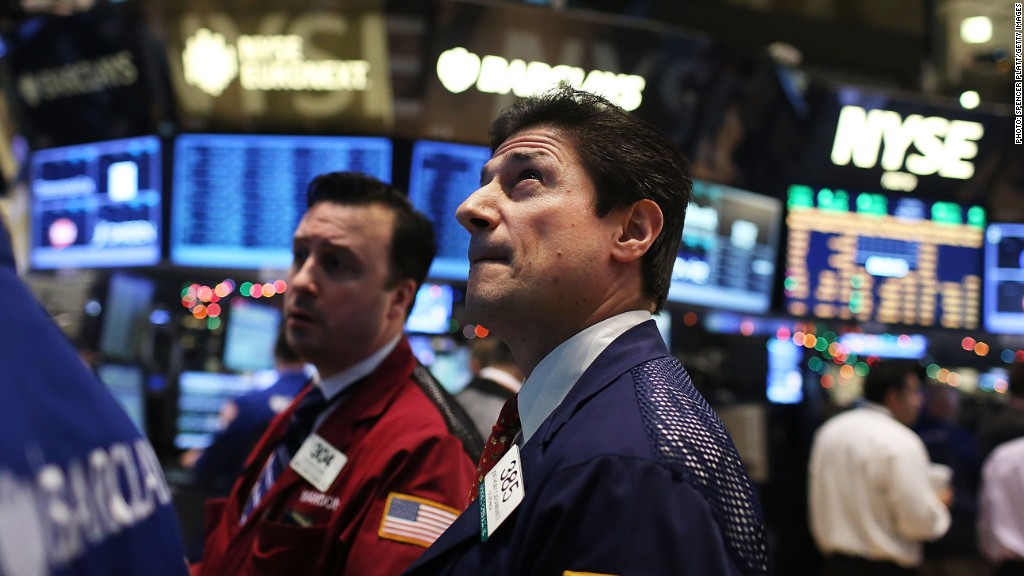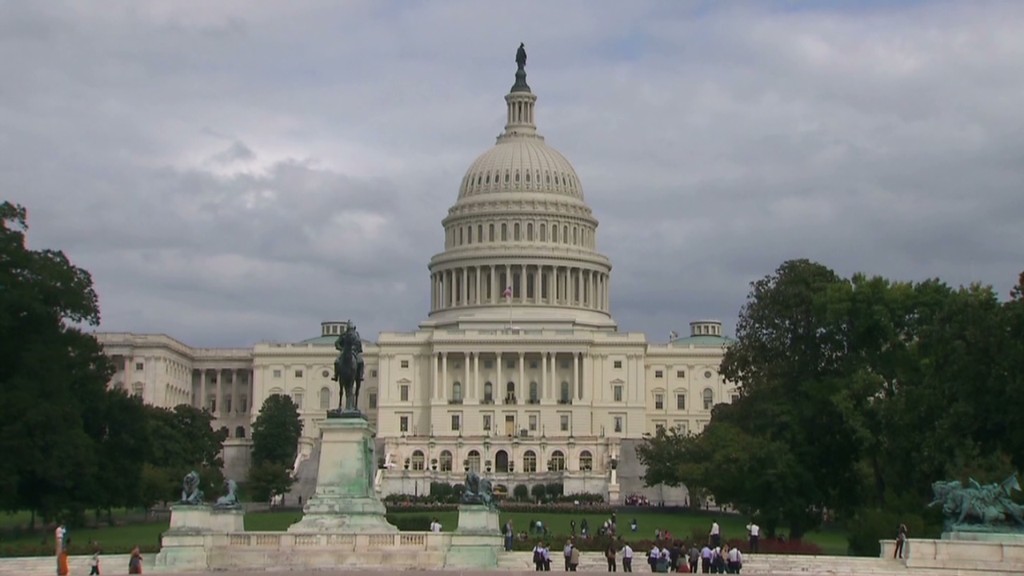
Wealthy investors will have to pay a higher tax rate on their dividend income as part of the new fiscal cliff deal, but the increase isn't nearly as bad as what it could have been.
President Obama's initial plan to avoid this fiscal cliff called for nearly tripling the dividend tax rate for families making more than $250,000.
The fiscal cliff compromise approved by Congress late Tuesday night boosts the rate to just 20%, from 15%, for those earning more than $400,000 a year ($450,000 if married).
"The increase is much more palatable -- both the rate and the threshold at which it kicks in -- so investors can breathe a sigh of relief," said Sam Stovall, S&P Capital IQ's chief equity strategist. "It could have been worse."
For example, a wealthy investor with $10,000 in the S&P 500 would pay $44 in taxes under the new rate, versus $33 in 2012. Under Obama's initial proposal, that same investor would have paid about $90 in taxes. And even that only applies if you're invested through a taxable account and not a tax-sheltered retirement account like 401(k) or IRA.
Related: Fiscal cliff deal hits the rich, but it could have been worse
Since the increase is fairly small, Stovall expects investors searching for yield this year will continue to benefit from dividend-paying stocks, which will continue to offer "worthwhile investment opportunities" in the current low interest rate environment. More than 400 of S&P 500 companies pay out dividends so there's plenty to choose from.
Even factoring in the 20% tax rate, a company like Johnson & Johnson (JNJ) still pays a dividend yield of 2.8%, while AT&T (T) pays 4.2%. Compare that to the 10-year Treasury note, which currently yields just 1.8%.

And companies should continue to institute and raise their dividend yields in 2013 despite the tax hike, said Mark Luschini, chief investment strategist at Janney Montgomery Scott.
"Companies have been very aggressive with their dividends over the last couple of years, and one of the worries I had was that they would have changed their behavior with a big tax hike," said Luschini. "But this increase is likely to be fairly inconsequential when in come to management behavior."
In an effort to beat the fiscal cliff clock, several companies, including Wal-Mart (WMT), Whole Foods (WFM), Oracle (ORCL) and Las Vegas Sands (LVS), rushed to pay out dividends early and issue special one-time payments before Dec. 31. But many, including Apple (AAPL) and troubled electronics retailer Best Buy (BBY), opted to stand pat.


